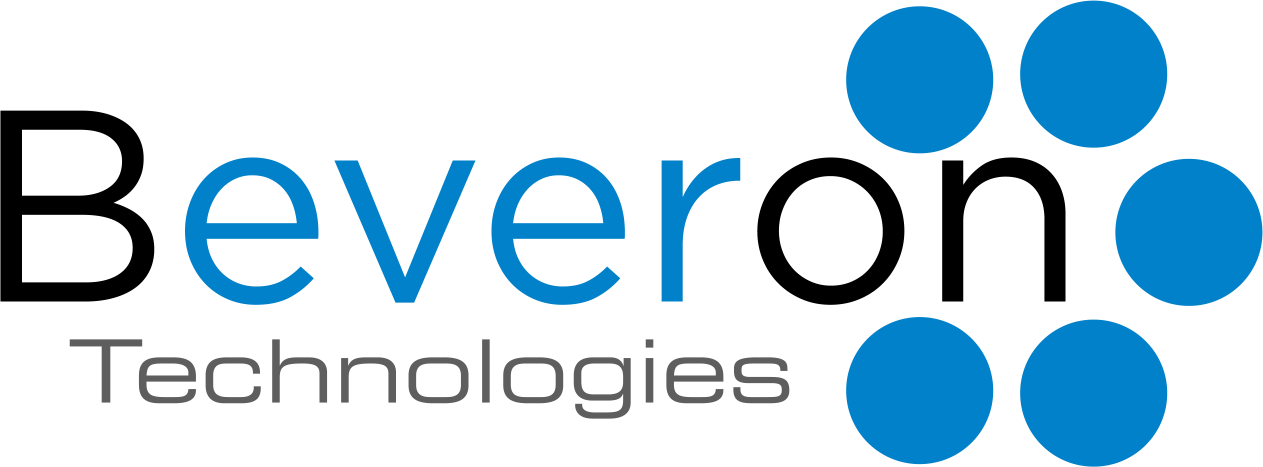Importance of effective debt collection policy

What are the benefits of best debt collection software in Nigeria, Kenya, Nairobi?
The best debt collection software offers numerous advantages to businesses, streamlining and improving the efficiency of the debt recovery process. This software automates and organizes debt collection tasks, reducing the time and resources required to manage outstanding accounts. It enhances accuracy in tracking debts, minimizing errors and ensuring compliance with legal regulations. Advanced reporting and analytics features enable businesses to gain valuable insights into their debt portfolios, facilitating informed decision-making. Additionally, the software often integrates with various communication channels, enabling seamless and consistent communication with debtors. Overall, the benefits of the best debt collection software include increased productivity, enhanced compliance, improved debtor communication, and better overall financial management for businesses.
As we all know, for any business to survive and thrive, a stable cash flow is its lifeblood. Your business needs to generate sufficient revenues to pay your expenses, such as your employees and suppliers. Without adequate revenues, it’s almost impossible to grow as a business. The key to healthy cash flow is an effective collection process. But unfortunately, many businesses don’t put enough emphasis on this aspect of their operations. However, with the right debt collection strategies, you can not only successfully recover your debts, but also avoid losses and, ultimately, grow your business manifold.
What is a Debt Collection Policy?
A Corporate Debt Collection Policy can be described as a set of guidelines a business follows to ensure that their customers/debtors pay their invoices on time. Collection policies vary from one business to another. They can be written or unwritten, formal, or informal, part of your credit policy, or stand-alone policies. It’s completely up to you on how you choose to approach your collections procedures. Having a clear, written, and well-defined policy that precisely governs the tasks of your accounts receivable team will help establish an enhanced streamlined collection process and therefore, minimize losses from overdue invoices.
What are the objectives of having a clear-cut Collection Policy?
An effective collections policy will include the goals of your corporate collections department. These can be measured by metrics like say, your Collection Effectiveness Index (CEI) reaching or exceeding a certain number, lowering the number of Days Sales Outstanding (DSO), or reducing bad debt by a specific amount each month/quarter etc...For any organization, the accounts receivable team is responsible for collecting current account receivables and late payments while maintaining customer relationships. Setting the above goals for them will help determine whether your collections process is working as intended and whether you need to involve a third-party collection agency.
Why should organizations have effective collections processes?
For any organization that wishes to sustain and grow, an effective collections process is mandatory to ensure healthy cash flow for business growth initiatives because:
▪ It can help avoid paying late fees to vendors: Late/delayed payment collection means that you won’t be able to pay your accounts payables on time. Due to this you’ll probably end up paying late fees and thus lose favorable terms with your suppliers.
▪ It can prevent opening a line of credit: Usually, when organizations face shortage of liquid cash, they use their line of credit to make up for it. But this can be an expensive proposition for startups/early-stage businesses. For such organizations, it’s always recommended to improve their collections process and thereby have quick access to liquid cash, instead of paying high interest rates.
▪ It reduces the time spent on collections: The objective for a well-defined collection policy is to streamline the collections process, to have a system, a clear roadmap for collecting payments, so the collections team doesn’t have to improvise and waste time on inadequate collections procedures.
How to implement an effective collections process?
No matter what the size of your business is, collecting pending debt is never an easy task. A collections policy will facilitate the process, helping your team maintain consistent communication with your customers.Successful debt recovery strategies can be designed like the example below:
▪ 1-30 Days Overdue
During this initial stage in the debt recovery cycle, you should ideally use soft recovery tactics, such as friendly reminders, requesting the debtor to ensure prompt payment and to preserve the relationship with the customer. In this stage, as far as possible, do not a professional/3rd party debt collector.
▪ 31-60 Days Overdue
If the friendly reminders from the first phase don’t work, gradually ramp up your efforts with more phone calls, letters, and emails. In this stage you can start reminding the debtor about potential late fees and sending his/her account to collections. Even then, though your tone may be more assertive, you must listen to the customer’s cash flow problems and try to offer solutions that are mutually agreeable to both of you.
▪ 61-90 Days Overdue
Even after the second stage, if the debtor hasn’t paid up, increase the frequency (and firmness) of phone calls and emails. The reminders in this phase should now include threats of legal action, sending a negative report to credit bureaus, and letting them know in a firm tone that their late fees are piling up each month.
▪ More than 90 Days Overdue
This is the final and most decisive phase in the debt recovery process. This is the phase where most organizations involve 3rd party Debt Collection Agencies for invoices that are more than 90 days overdue. There are no strict rules on when to invoke the services of a debt recovery agency.
A professional debt collection agency has the knowhow, techniques, and software to facilitate the debt collection process without breaking the law of the land (and not harassing your customers). Most importantly, they improve your collection rates and free up your time to deal with less complicated cases.
When an organization designs and implements a detailed Debt Collections Policy, obviously the steps will be much more detailed and include specifics such as the timeframe for reminders, the different methods of payment to offer, the relevant documents to attach, and much more. Only you know best what works for your company. The most important thing is to have an organized and well-documented, approach that you and your team can consistently follow to achieve your organization’s debt collection goals










